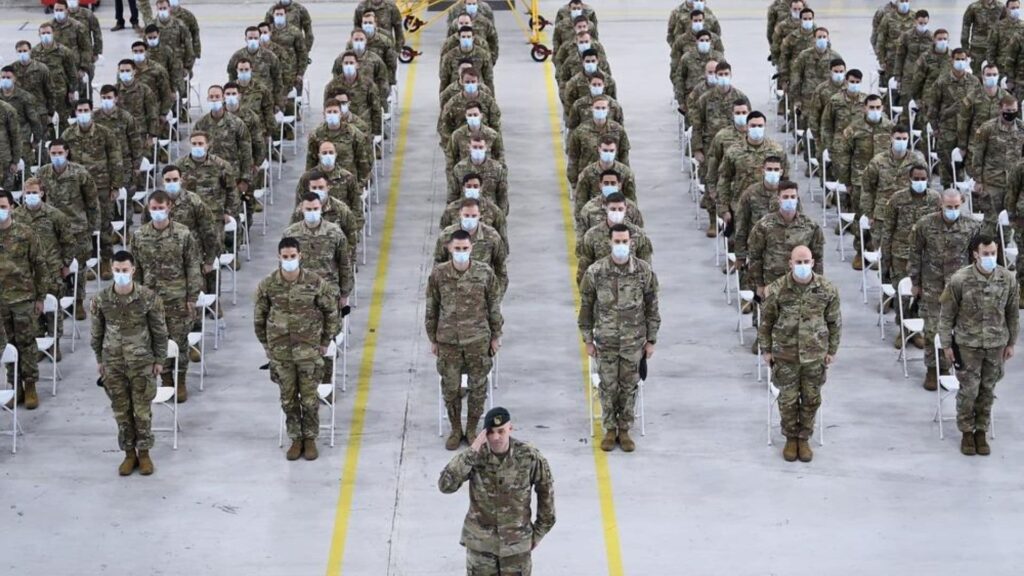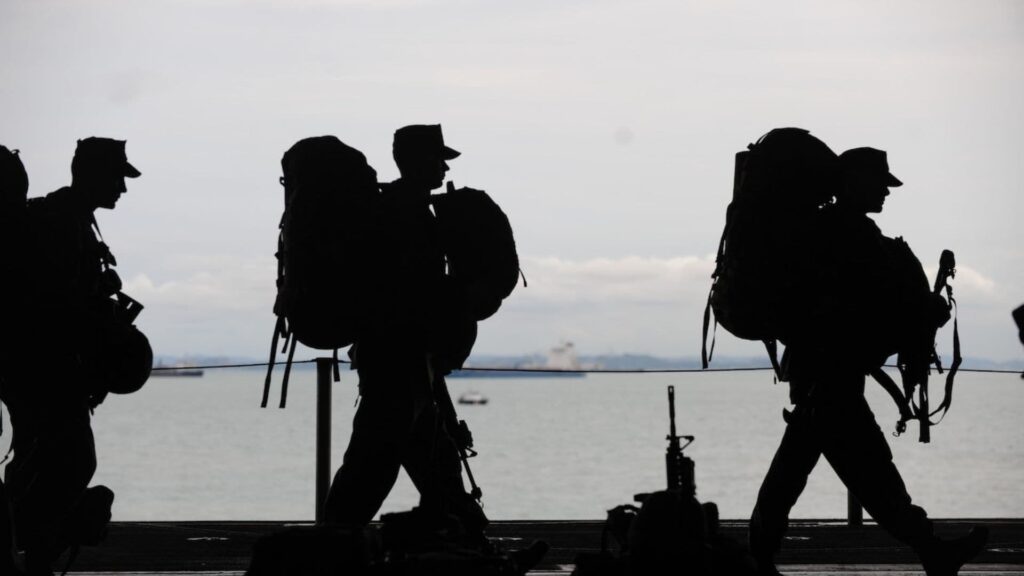If you’re looking to find out how someone was discharged from the military, there are several ways to do it. One way is to request their DD 214 separation documents from the National Personnel Records Center. However, you will need certain information to get these records. This includes the veteran’s full name, service number; and Social Security number.
The military has many different discharge status levels, and each can significantly impact a veteran’s ability to gain government employment, enjoy post-military benefits, and more. It’s important for veterans, potential employers, and family members to understand these discharge status levels. An honorable discharge typically means the person was a model soldier and performed well during their time in service. A general discharge usually indicates the person had a few disciplinary issues or failed to meet certain standards, but their overall performance was satisfactory. A bad conduct discharge is a more serious level of discharge that may be given for security violations or actions that endanger other soldiers’ lives.
A punitive discharge is usually the result of a court-martial, and these types of discharges aren’t available to the public. However, if the veteran believes their discharge was unfair, they can file for an appeal with a Discharge Review Board (DRB). The process is long and difficult, but if they succeed, they will be awarded a different type of discharge status. They will be able to enjoy all of the benefits that come with an honorable discharge status. They will have to work much harder but have a better chance of finding employment.

How Do I Find Military Discharge Records?
If a service member left the military more than 62 years ago, their records may be accessible online via the National Personnel Records Center. Otherwise, veterans and their next of kin must mail in a Request for Record of Service (SF 180) or visit the nearest regional VA office.
Almost all enlisted personnel receive an honorable discharge. This means they met all the expectations of conduct and performance in the military and remained loyal to their commands. In some cases, service members may receive an other than honorable or bad conduct discharges. Both of these characterizations are negative marks on an individual’s military history, and they can limit eligibility for benefits or employment in the civilian sector.
Veterans can request that a discharge review board look at their case to see if the characterization should be changed. However, the process can be difficult and only successful if advocacy is employed. Form DD214 includes the reason why you were discharged from the military. A traumatic brain injury or military sexual trauma can also create a strong argument for a discharge upgrade. The re-entry separation (ELS) process can also help veterans with medical discharges. It allows for one-on-one conversations with individuals to provide opportunities that could improve their discharge status.

Can you Find Military Discharge Papers Online?
Generally, people can get their military discharge papers (DD 214) from the National Personnel Records Center. However, they must submit form SF 180 as the veteran or next of kin and provide evidence of their ability to access the information. They can also contact their county or state veteran agency to help with this request.
Honorable discharge: the person performed their service satisfactorily and met the required standards. Other than honorable: the person broke some rules or exhibited bad conduct, but their actions didn’t warrant punishment through a court-martial, as in the case of dishonorable discharge.
Dishonorable discharge is the worst discharge status level, usually reserved for veterans convicted of serious crimes or offenses that would be considered a felony in civilian jurisdictions. Those with this type of discharge are not eligible for most post-military benefits and find it difficult to secure employment.
Medical discharge: the military issues this separation status based on an evaluation of a person’s health and well-being during service. Those with this type of discharge are usually ineligible for many post-military benefits but may be entitled to disability compensation. They can also not hold public office or serve on a jury. Obtaining these types of documents can be time-consuming, depending on how busy the offices are handling requests. Fortunately, you can use a company like Military Verification to speed up the process.
